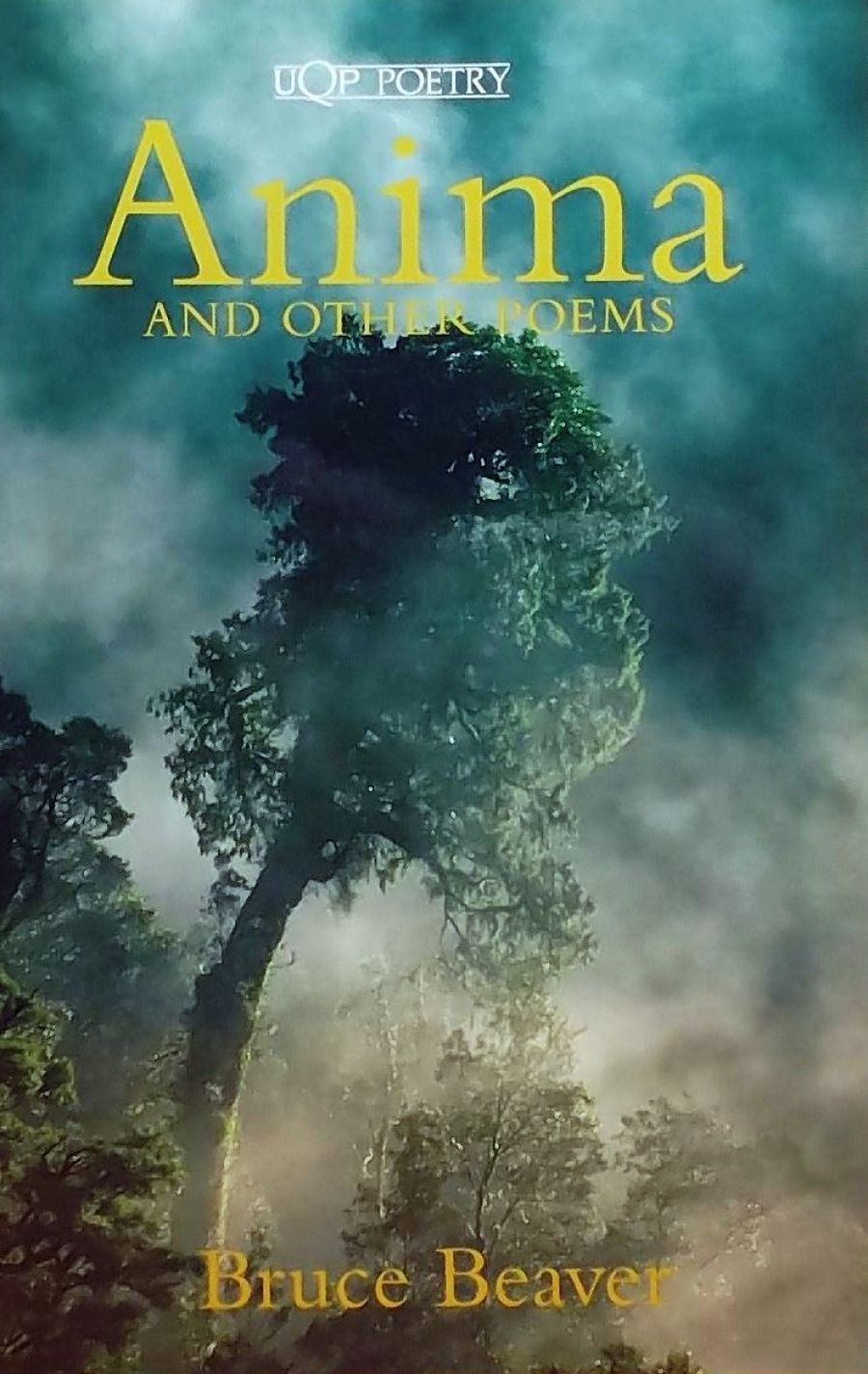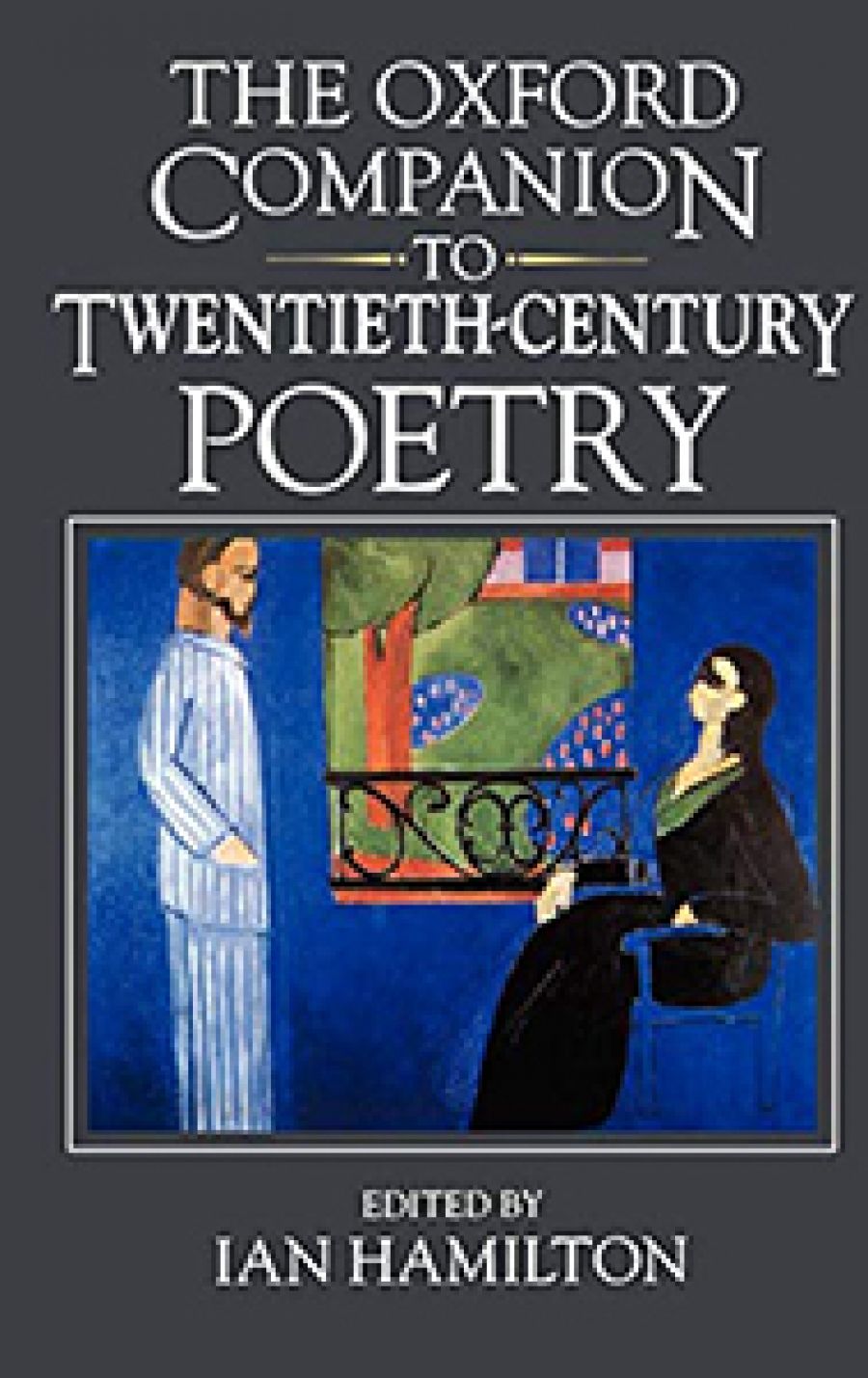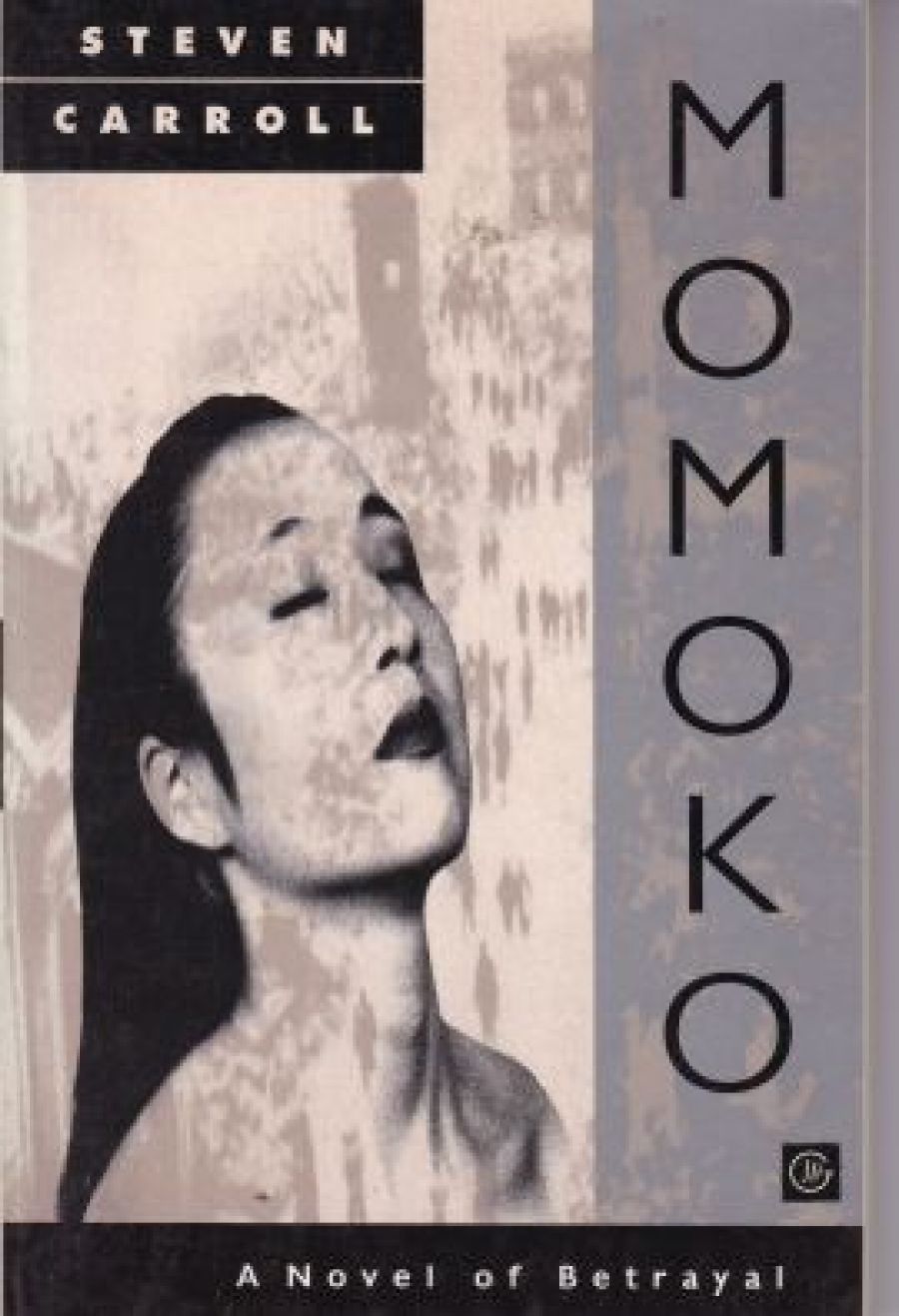
- Free Article: No
- Contents Category: Poetry
- Review Article: Yes
- Online Only: No
- Custom Highlight Text:
What do we do, where do we go to get beyond the routines of the self and the paradoxical alienation it produces in both ourselves and in others? Is it possible to break down the shell of separation and deal with others from a perspective that is neither ‘self- or need-observed’? These are the questions that occupy Bruce Beaver in many of the poems in this collection, and one that he traces through an engaging variety of forms and themes.
- Book 1 Title: Anima and Other Poems
- Book 1 Biblio: UQP, $14.95 pb
What do we do, where do we go to get beyond the routines of the self and the paradoxical alienation it produces in both ourselves and in others? Is it possible to break down the shell of separation and deal with others from a perspective that is neither ‘self- or need-observed’? These are the questions that occupy Bruce Beaver in many of the poems in this collection, and one that he traces through an engaging variety of forms and themes.
Read more: Simon Patton 'Anima and Other Poems' by Bruce Beaver
Write comment (0 Comments)


